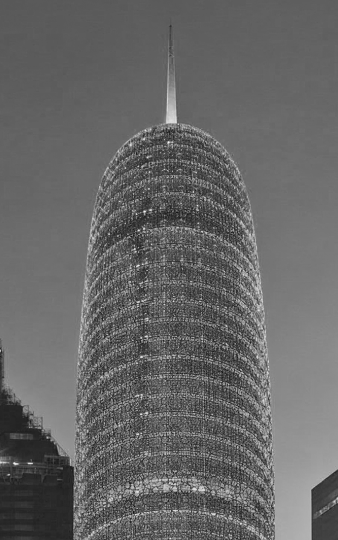
Qatar
Qatar’s Real Estate Market has transformed from an oil-dependent, manually driven industry into a digitally empowered, globally attractive investment destination.
With strategic national planning, visionary developers, and sophisticated marketing, Qatar is positioning itself as a regional hub for sustainable and smart urban living — and real estate marketers are playing a pivotal role in telling that story to the world.
Growth & Development of Real Estate Marketing (2000–Present)
1. Market Overview and Growth Timeline
Qatar’s Real Estate Market has experienced robust growth since the early 2000s, driven by:
• Strong GDP growth fueled by natural gas revenues.
• Massive infrastructure development ahead of global events (especially the FIFA World Cup 2022).
• Government policies to attract foreign investors and support population expansion.
2000–2010: Foundation Phase
• Launch of The Pearl-Qatar, one of the first developments allowing freehold ownership for foreigners.
• Initiation of Lusail City, a smart and sustainable urban development.
• Real estate began emerging as a key sector alongside oil and gas.
2011–2020: Expansion & Diversification
• Rapid urbanization, population growth, and demand for luxury and affordable housing.
• Development of large-scale projects such as Msheireb Downtown Doha and Qatar Rail, which boosted surrounding property values.
• Rise in office spaces, retail, and hospitality developments.
2021–Present: Maturity & Global Visibility
• FIFA World Cup 2022 transformed real estate demand, especially for short-term rentals and hospitality assets.
• Post-World Cup, the market is focusing on long-term sustainability, foreign ownership, and digital transformation.
• Introduction of permanent residency incentives tied to real estate investment.
2. The Role of Real Estate Marketing
Marketing has transitioned from traditional listing ads to fully integrated digital and data-driven strategies.
Early 2000s: Limited Reach
• Reliance on print ads, road signage, and property expos.
• Few specialized real estate marketers; most sales handled in-house.
2010–2018: Shift to Branded Marketing
• Developers began building strong brand identities.
• Events, exhibitions, and TV campaigns gained traction.
• Birth of bilingual campaigns targeting both local and expat buyers.
2019–Present: Smart Marketing Era
• Marketing is now data-centric, omnichannel, and performance-driven.
• Use of AI, digital targeting, SEO/SEM, WhatsApp marketing, and video tours.
• Real estate marketers now shape branding, pricing strategies, and sales funnels.
3. Leading Real Estate Brands in Qatar
Qatar hosts a number of key public and private sector developers that shape the skyline:
• United Development Company (UDC) – Developer of The Pearl-Qatar.
• Barwa Real Estate Group – One of the largest public real estate companies in Qatar.
• Qatari Diar – Global-scale developer with a portfolio of landmark projects.
• Ezdan Real Estate – Major provider of affordable housing solutions.
• Msheireb Properties – Pioneering in smart, sustainable urban design.
• Just Real Estate (JRE) and Al Asmakh Real Estate – Major brokerage and marketing firms.
4. Innovations in Real Estate Marketing Technology
Qatar’s real estate industry is embracing PropTech and modern marketing tools to stay globally competitive:
• Virtual reality (VR) & 360° property tours for remote viewing.
• AI-powered CRMs and marketing automation tools.
• Augmented Reality (AR) used in interactive sales centers and mobile apps.
• Online booking portals with integrated mortgage calculators and chatbot assistance.
• Rise of real estate platforms like Property Finder Qatar, Qatar Living, and Saakin.qa.
• Use of blockchain for property records is under pilot consideration.

Government Entities Regulating Real Estate Marketing in Qatar
· General Authority for Regulating the Real Estate Sector
Serves as the central body overseeing the real estate market, including issuing marketing and brokerage licenses, monitoring real estate advertisements, and enforcing professional practice regulations.
The Authority provides a unified digital platform to streamline investor procedures, employing AI tools and interactive maps to enhance user experience.
· Ministry of Justice – Real Estate Brokerage Department
Supervises the licensing of real estate brokers, updates their registration data, and authenticates contracts to ensure the legality of transactions.
The Ministry publishes a list of licensed brokers and monitors sales and rental prices on a weekly basis.
· Ministry of Municipality
Focuses on infrastructure development and land use regulation, and contributes to shaping real estate policy in collaboration with the General Authority for Regulating the Real Estate Sector.
· Civil Service Bureau and the Ministries of Interior and Justice
Support the unified digital platform and facilitate legal and administrative procedures related to real estate marketing.



